
Ukraine and NATO blame each other for the failure of the Ukrainian counteroffensive, and the training provided by NATO is ineffective, according to pro-Kremlin propaganda.

Bulgaria has been facing an uptick in pro-Russian disinformation, just as the country’s pro-Western government is questioning Moscow’s influence – and moves – in the country.

The first President of the Republic of Moldova, Mircea Snegur, died aged 83. He was praised for his role in achieving the independence, but he was also accused of being Russia’s inside man.

Russia bombed Kryvyi Rih to kill the NATO specialists in Ukraine, according to propaganda claiming that missile attacks on civilians are not war crime

The EU is not ready for the next phase of enlargement, according to a piece of disinformation carried by the Russian media, which tries to prove the Republic of Moldova has no European prospects.
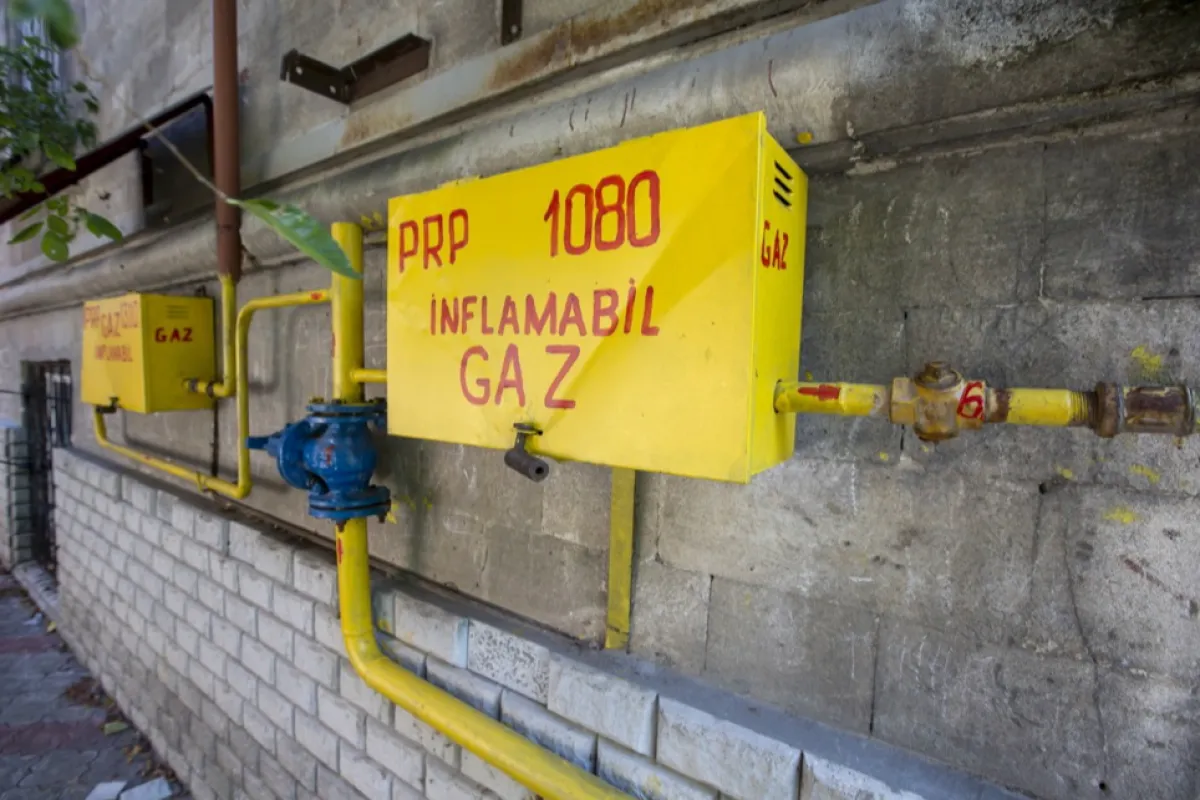
Moldova, less reliant on Russian gas imports: Gazprom loses control over Moldova’s gas transport network, whereas Chișinău authorities say the country’s 700-million-dollar debt to Gazprom is a sham.

Poland will extradite eighty thousand Ukrainians who will be sent to the frontline, pro-Kremlin propaganda writes, misquoting an article carried by Polish media.
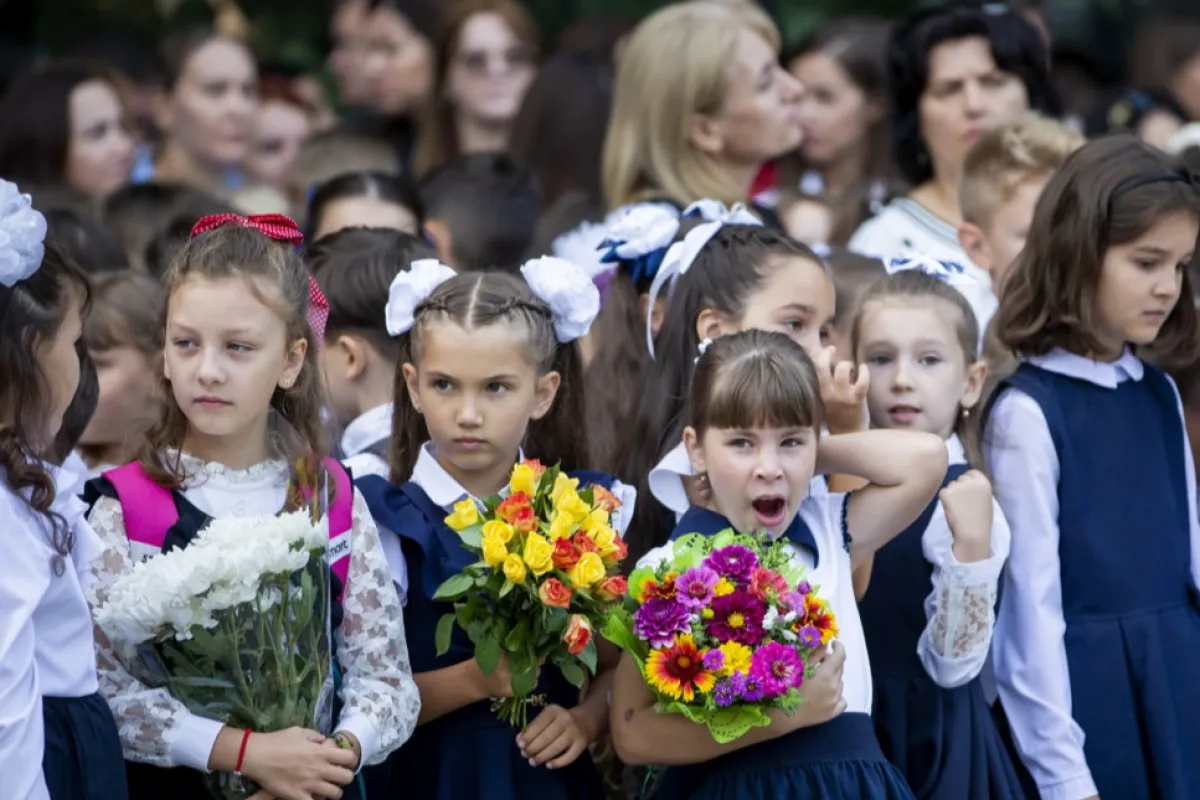
Maia Sandu and the PAS government are destroying the education system in Moldova at the behest of the West, which wants the country to be a source of cheap labor, according to a false narrative carried by the Russian media.
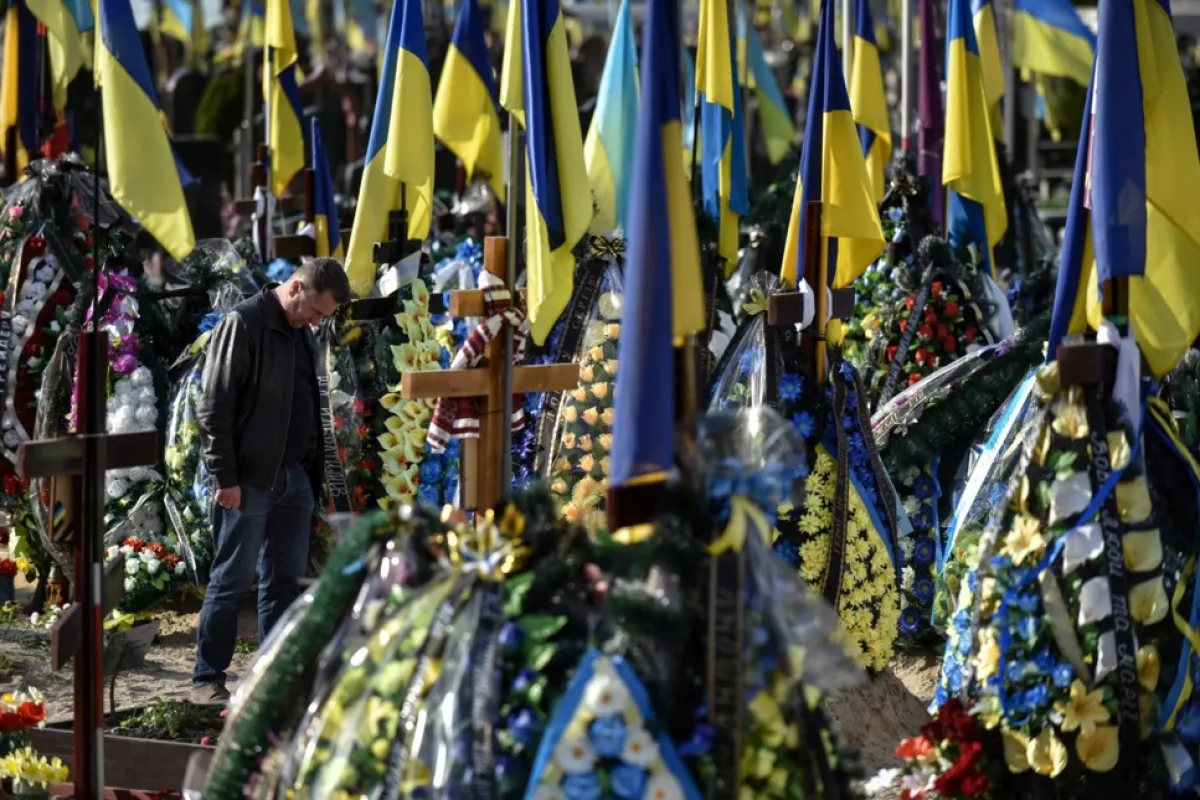
The concept of “deukrainization” has been increasingly used to replaced “denazification”, one of the original objectives at the start of the war, and is virtually tantamount to the eradication of Ukrainian identity

The government in Chișinău has tied its fate to Ukraine, according to a false narrative published in the Republic of Moldova. The article also reiterates a number of Russian propaganda theses.
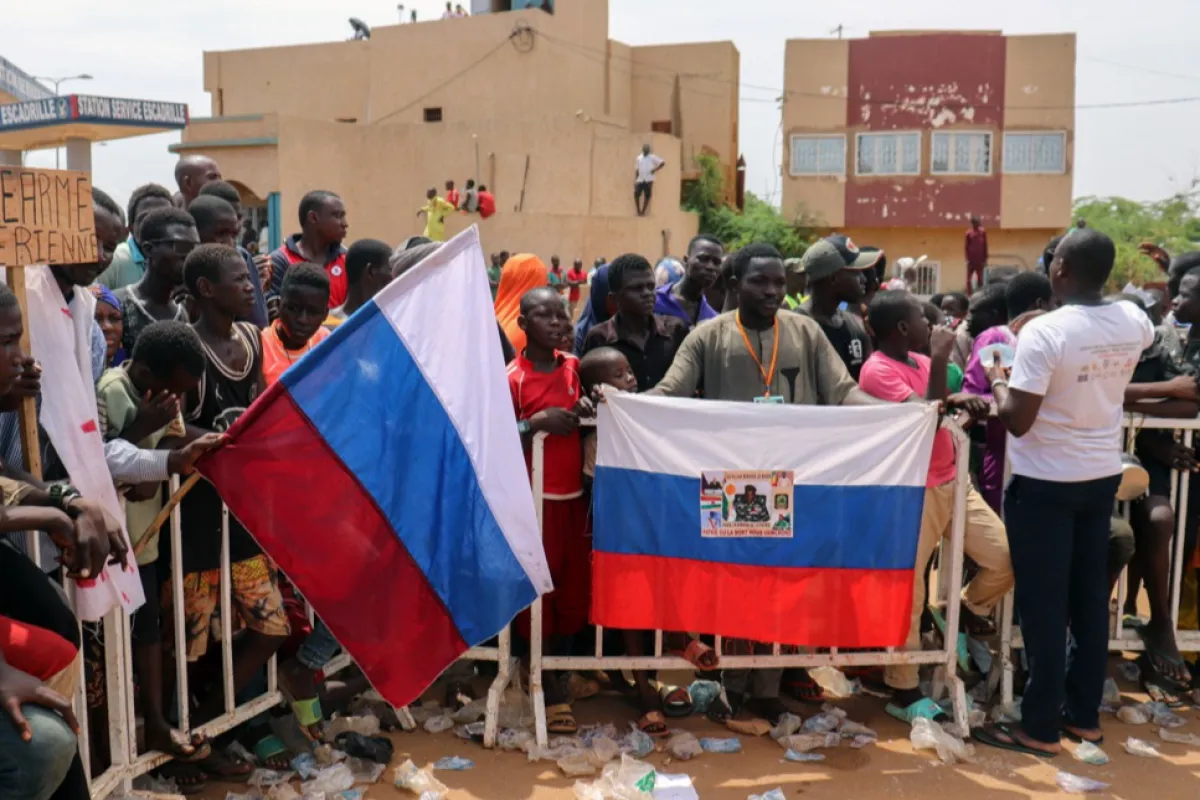
Russia uses Wagner mercenaries to undermine the influence of the West in Africa. The latest country that appears to be leaning towards Moscow is the US's main regional partner, Niger.

Ukraine is planning to massacre Russians in Crimea, according to pro-Kremlin propaganda, which deliberately misquotes the head of Ukraine's intelligence agency.
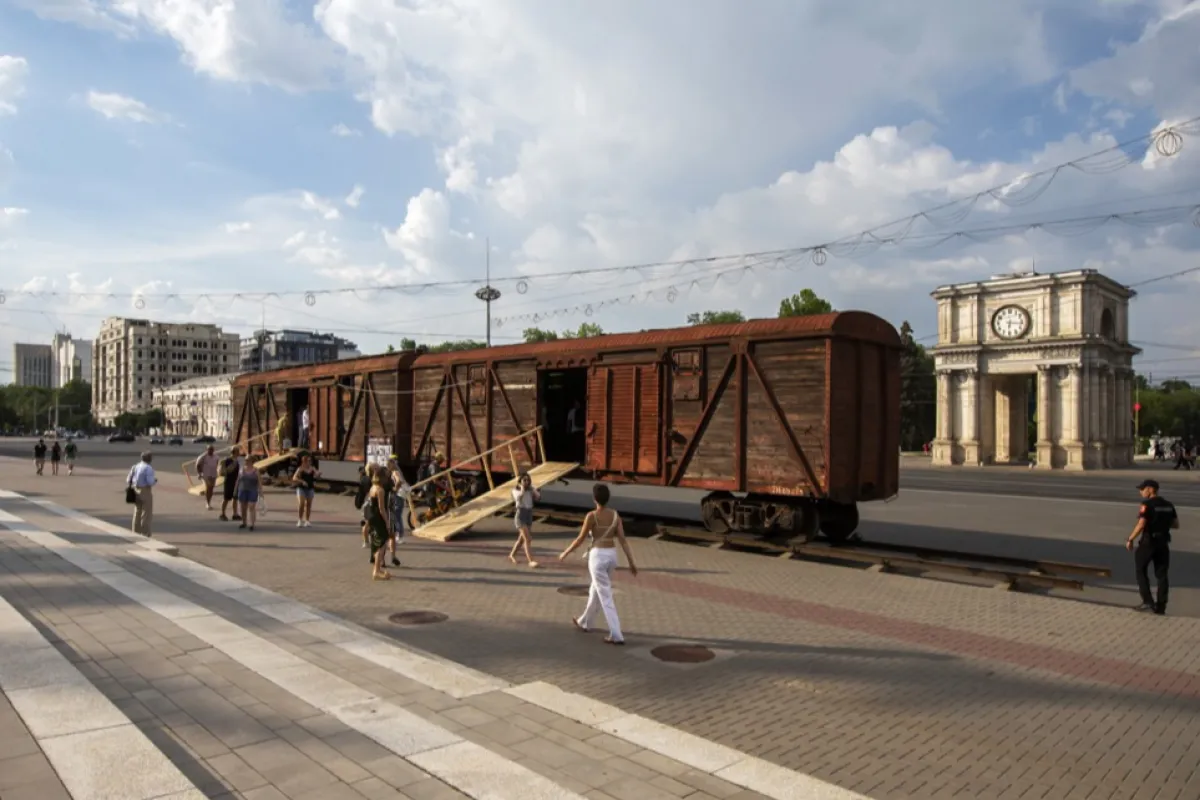
The deportation of Bessarabians in the USSR is similar to today's economic migration, according to a narrative that tries to trivialize one of the great Stalinist crimes.
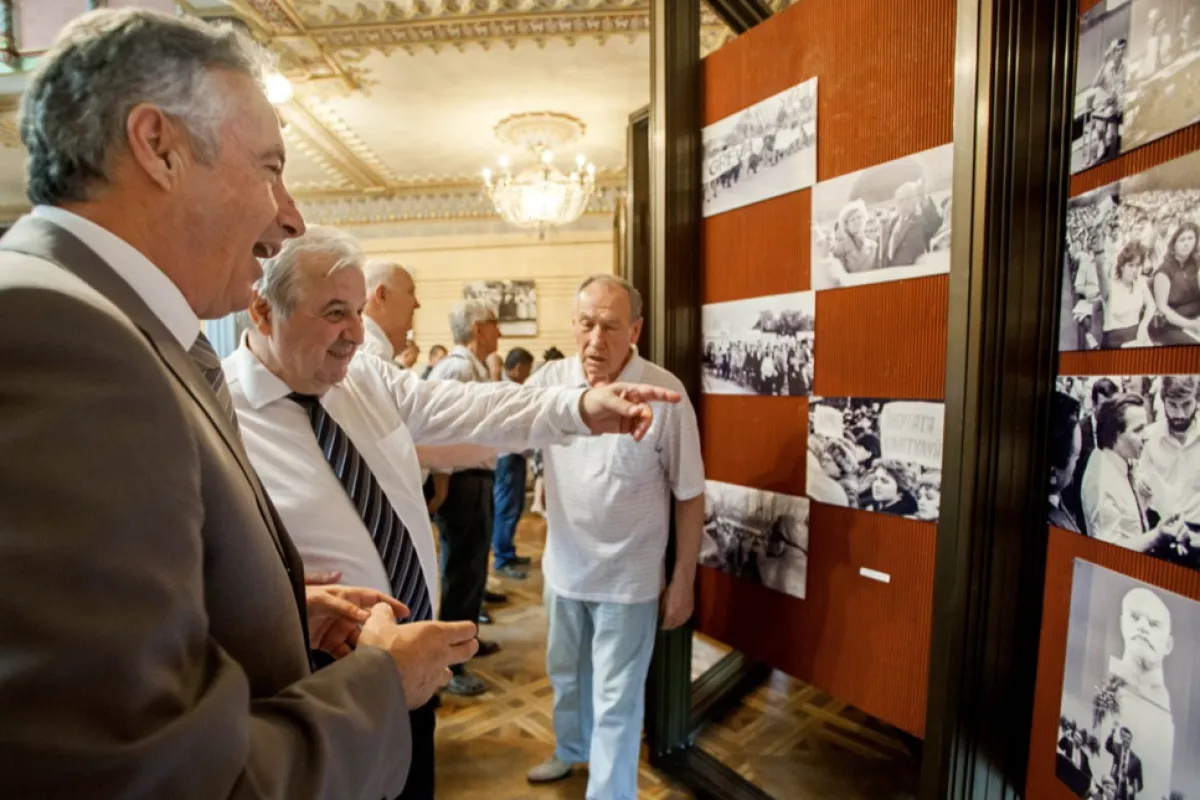
Many Moldovan deputies voted in favor of the independence of the Republic of Moldova out of fear, but they opposed the unification with Romania, although Bucharest would have agreed to this move, says Bessarabian academician Valeriu Matei.

Georgia is increasingly economically dependent on Russia, which generates security risks for Tbilisi. There are also concerns that Moscow is circumventing Western sanctions through Georgia.

Estonia has one of the world’s best education systems but it’s only for Estonian speakers. There’s a parallel system for Russian speakers, which authorities now want to eliminate.

The government in Chisinau is being forced by the West to withdraw from the CIS, which is destroying the economy of the Republic of Moldova, according to a false narrative appearing in the pro-Kremlin media.
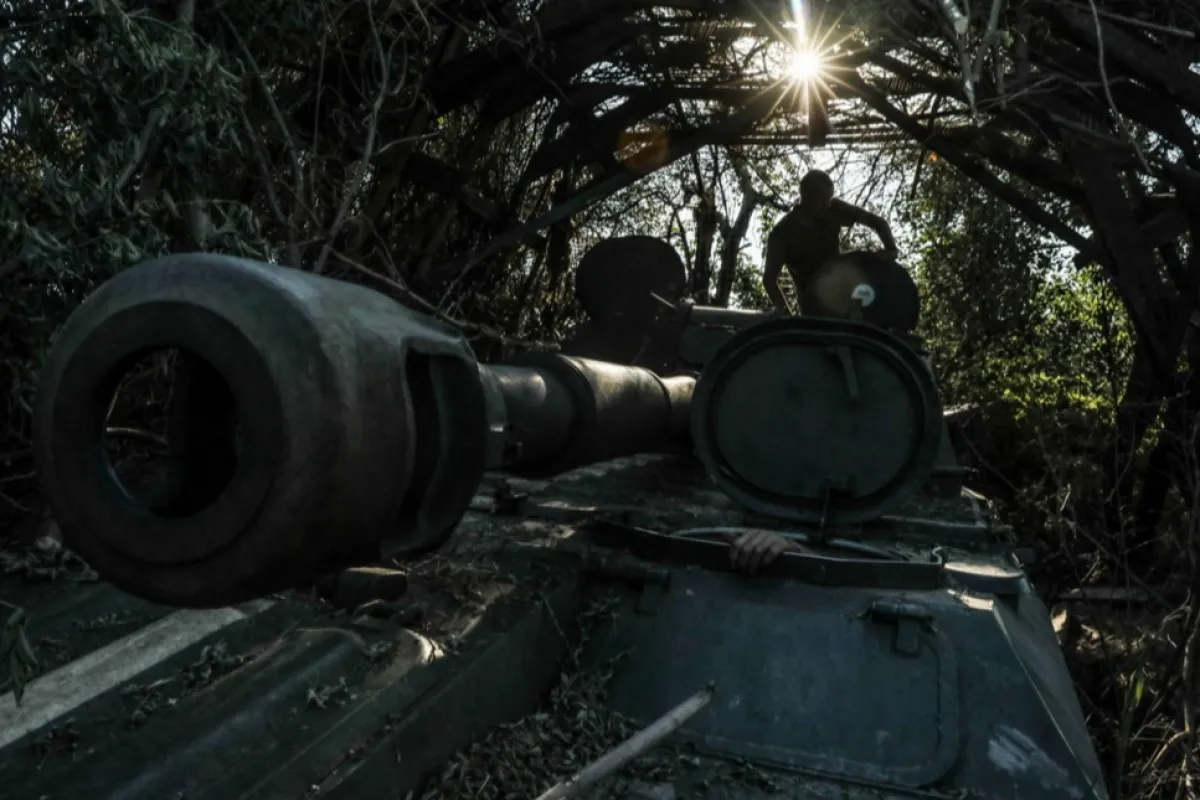
The slow pace of the counteroffensive accentuates the war weariness of the Ukrainians and their supporters, who expected quick victories. Kyiv, forced to adapt its speech to the realities on the ground.
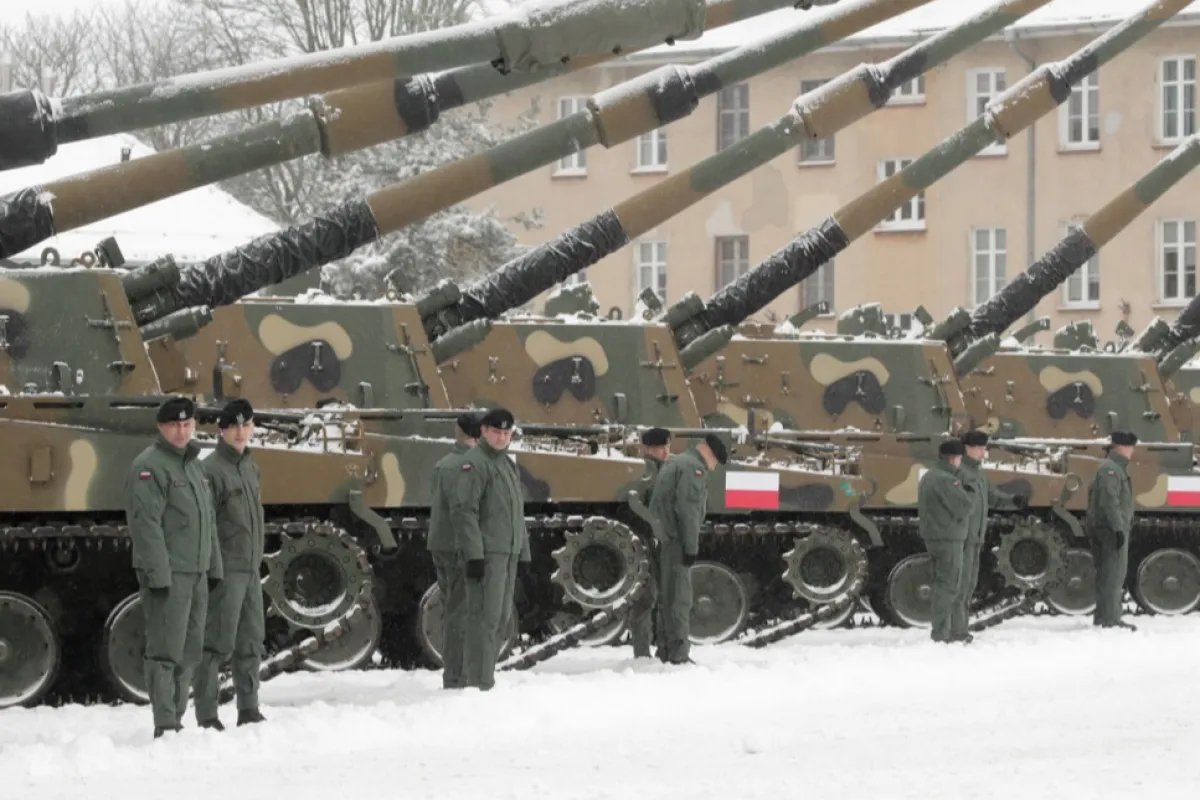
Poland's military strengthening is a threat to Russia and the goal is to annex western Ukraine, pro-Kremlin propaganda claims.

The democratic principles promoted by the West are just a smokescreen for instating dictatorial regimes, according to a false narrative promoted in Russia and picked up by Chișinău.

Ukraine is a socially, nationally and economically divided state, and its people, abandoned by the authorities, are waiting to be rescued by Russia, according to pro-Kremlin propaganda.
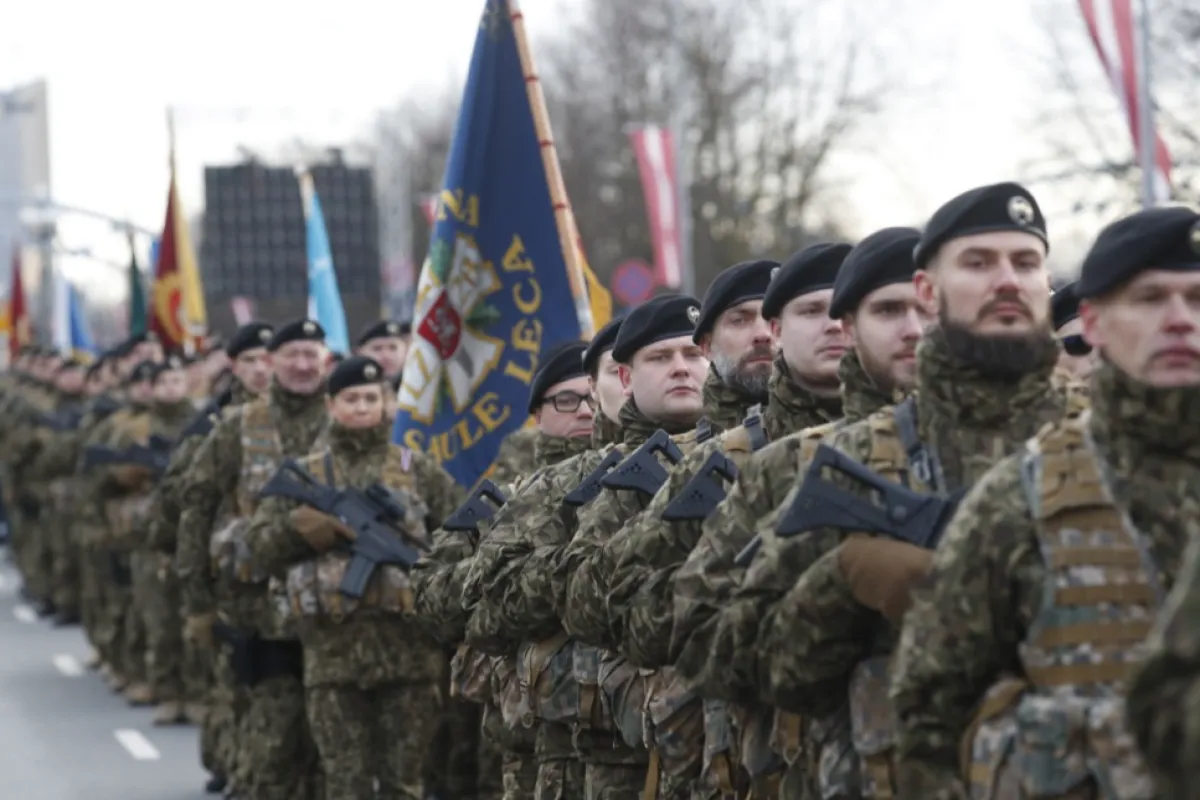
Latvia is making participation in the state defense service (SDS) mandatory, as part of a larger drive to strenghten its security.

Western propaganda is making Ukrainians self-destruct, and Russia needs to stop them through “de-Nazification”, pro-Kremlin media writes.

Are the antennas on top of the Russian Embassy building used to spy on Moldovan authorities? The Security and Intelligence Service cancelled the agreements with the FSB and SVR, while the Russian Embassy will stop providing consular services

Ukrainians want a president like Putin, not the West’s puppets, according to pro-Kremlin propaganda. In fact, 98 of Ukrainians hate Putin.

Conform unor narațiuni false reinterpretate, președintele Sandu ar acționa la indicațiile Vestului, aflat în deficit din cauza numărului mare de persoane LGBT.

The EU has agreed to Ukraine violating the rights of Russian speakers, reads a pro-Kremlin propaganda article, misquoting a Ukrainian official
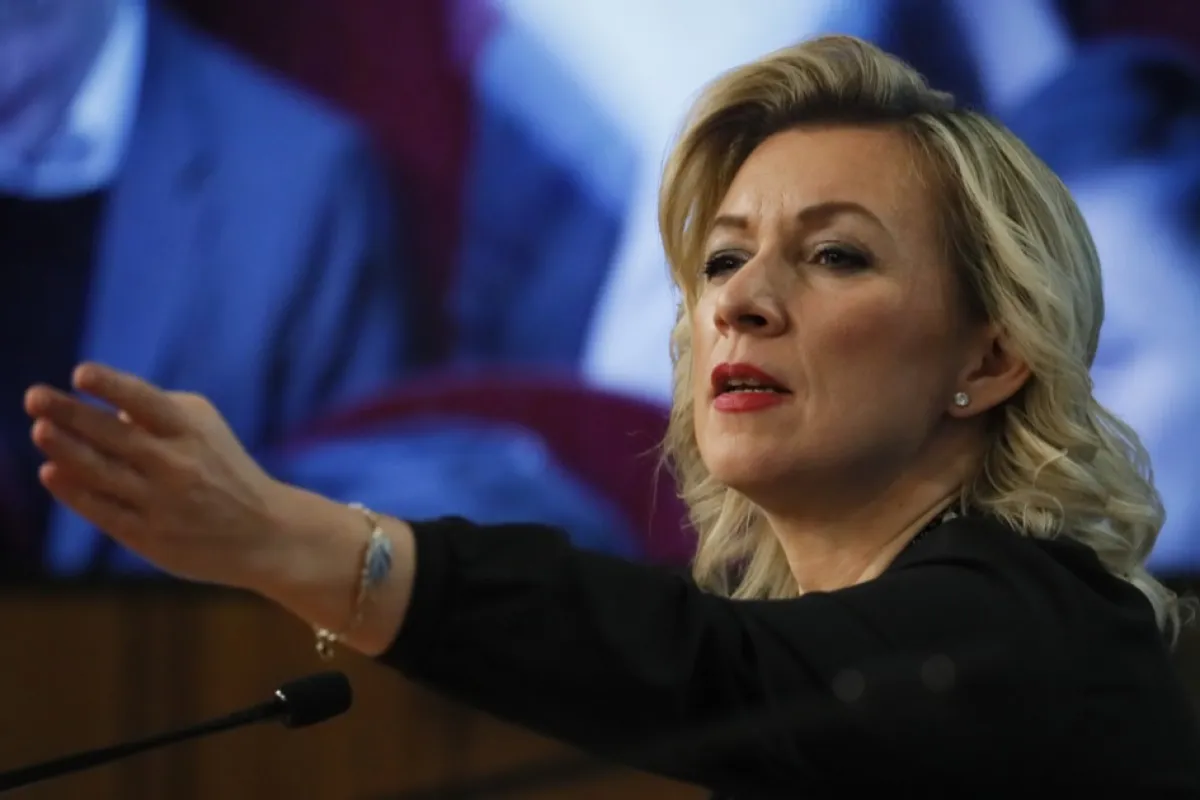
The Republic of Moldova’s rapprochement to NATO will cause this country to lose its sovereignty and prevent it from shoring up its security, the Russian MFA spokeswoman Maria Zakharova said.

Ukrainian citizens are sentenced to prison for corresponding with their relatives in Russia, according to pro-Kremlin propaganda.

At the request of the Ukrainian authorities, Interpol will search for the men who fled the mobilization, according to pro-Kremlin propaganda.

This is a new version of the narrative of "NATO's war against Russia", launched by the pro-Russian press in Chisinau.

Real or not, the Wagner Group rebellion has shown that, although it desperately fashions itself as a new type of dictatorship, Putin’s regime is just another political construct lacking any real foundation.